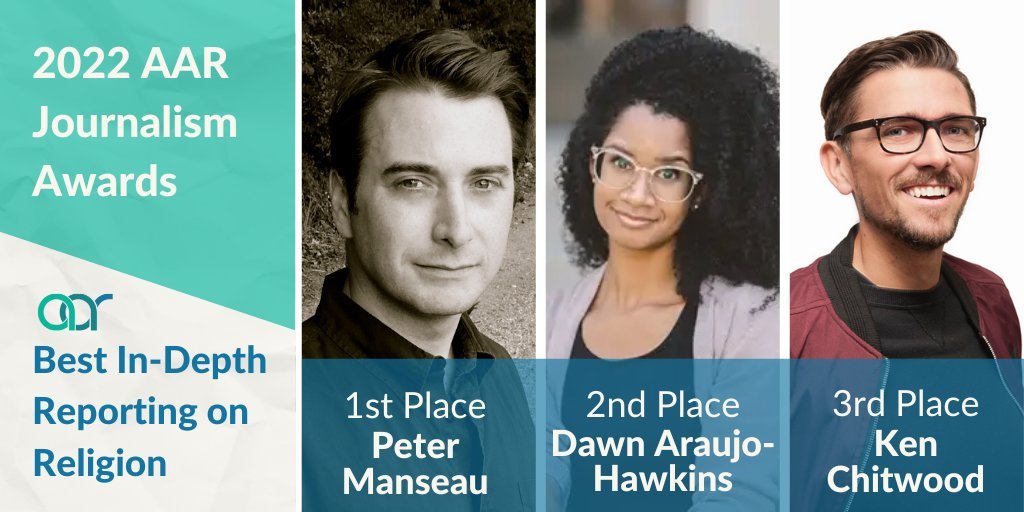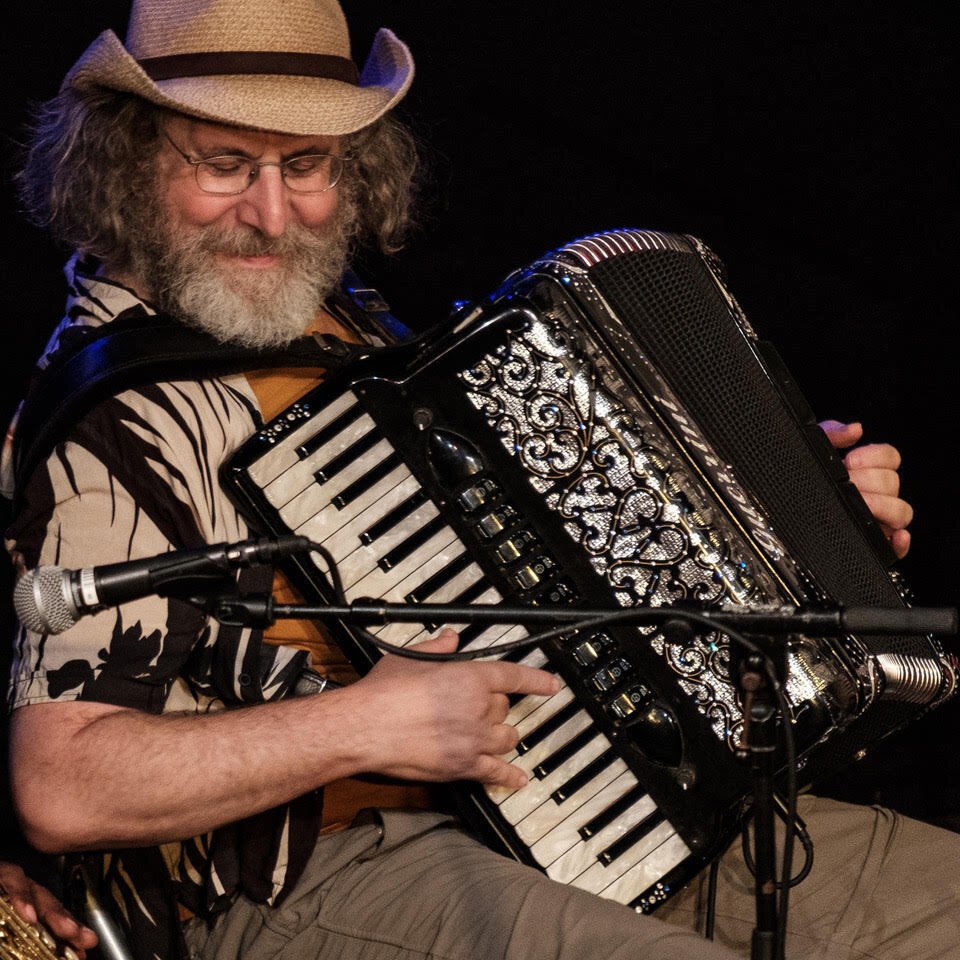If an academic can be un-hired, fired, or asked to resign because of a “tweet” or a blog post, can we find a way in the humanities to hire, promote, or offer tenure to academics for the same?
This was one of the more provocative questions posed, and discussed, at a roundtable talk at the most recent THATCamp at the AAR/SBL Annual Meeting in Atlanta, GA two weeks ago.
Overview of #THATCampAARSBL
THATCamp stands for The Humanities And Technology Camp and the AAR/SBL Annual Meeting (professional and academic organizations in the study of religious studies and biblical literature, respectively) played host to the user-generated unconference for religious and biblical studies academics to set the agenda for discussion and work in the area of digital humanities — an area of research and teaching at the intersection of computing and the disciplines of the humanities.
The sessions at the day-long unconference ranged from topics such as using Google engrams in your research to talks of tech in the classroom and podcasting religious studies topics successfully. I was honored to present my own collaborative work on Augmented Reality Criticisms (ARCs) with the TRACE Program at University of Florida.
Overall, the quality of the content was impressive and the event created an interdisciplinary space where scholars from multiple disciplines and perspectives could share in ways that few other venues afford. Cheers to the organizers for putting on such a wonderful unconference and helping us all play a part in advancing the field!
From my perspective, the key conversation from the day was whether, and if so how, to count digital scholarship toward hiring, promoting, and offering tenure in the academic world.
Counting Digital Scholarship Toward Academic Advancement?
While the recognition of the value of digital scholarship is increasing and there is an awareness that the context of humanities research is changing quickly and deeply due to advances in digital technology there are no broadly agreed upon or applied standards for the professional evaluation of digital scholarship.
Certainly, the humanities have seen a spike in digitally innovative practices in the last decade with various scholars doing valuable work in the realm of digital humanities. However, the lack of formal evaluation procedures and attendant academic incentives (you know, like jobs, promotions, and the elusive “beast of tenure”), in the words of the American Historical Association (AHA), “discourages scholars at all levels from engaging with the new capacities. It also prevents the profession, and the departments in which it is grounded, from creatively confronting ways in which […] knowledge increasingly will be created and communicated.”
The THATCamp AAR/SBL conversation floated from the discussion of digital publishing and material/visual culture in existing dissertations and works to the evaluation of digital scholarship in publications such as the Journal of the American Academy of Religion. For me, there were two important points raised, from opposite ends, that need serious consideration as this discussion, hopefully, moves forward:
1) Upholding academic standards. Although it might go without saying, it is vital that we do not “dumb down” the standards to accept, evaluate, and reward digital scholarship in hiring, promoting, and providing tenure for humanities scholars. Digital humanities work must also be given the level of respect that traditional academic scholarship receives and thus needs comparable,a= and stringent, evaluative measures.





